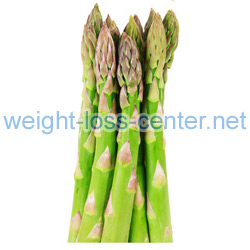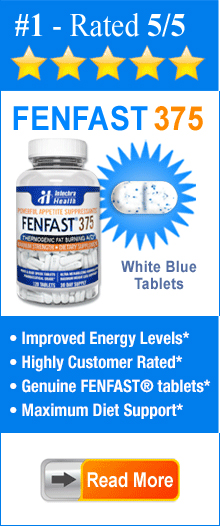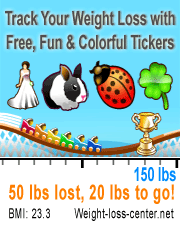To most people, niacin is simply another addition to the label on a vitamin bottle—but in actuality it offers many health benefits that are often overlooked. Niacin, or vitamin B3, is one of the all-important “B vitamins” and plays an important role in the body, but what exactly is niacin? Niacin is referred to as a “water soluble” vitamin. This means that it can be taken in large amounts and the excess, or what the body doesn’t use up, will not be stored but instead will be passed on through the urine.

Eating natural sources of niacin, such as asparagus, can help to lower cholesterol and may help you shed a few pounds too.
Niacin is one of many nutrients that are absolutely essential to human health. A deficiency in niacin can result in a condition known as pellagra. This condition causes diarrhea, lesions on the neck, thickening of the skin as well as dermatitis, difficulty digesting food, and can even cause dementia, delirium, and death. The daily recommended amount for niacin is 5 – 12 mg for children, 14 mg for women, and 15 mg for men, although men and women can safely consume up to 35 mg per day without adverse effects. Large doses of niacin can result in skin irritation or dryness, indigestion, and liver toxicity; however these side effects can usually be avoided by breaking up the dosage throughout the day or by taking a slow-release supplement of niacin.
So, what health benefits does niacin have to offer? As with other B vitamins, niacin is an essential element used in the process of cellular development. The enzymes contained in niacin aids in producing a reaction in the body’s cells which helps to build and repair cells. The potential for this extends to everything from blood cells to skin cells, which is why many companies are exploring the inclusion of niacin in anti-aging skin care products. In addition to creating new cells, niacin also helps to widen the blood vessels, which increases the amount of oxygen the blood can carry to all of the cells in the body. While this has obvious benefits for internal cellular health, many people often report a “youthful glow” to the skin due to the increase in blood flow to skin cells.
Cellular production is a fantastic benefit that niacin offers, but the most talked-about trait of this vitamin is its ability to boost one’s metabolism. Niacin is used to break down fats and convert carbohydrates into glucose to produce energy. While niacin supplements can help aid people in the process of losing weight, it usually does not provide single-handed extreme results. Niacin can, however, provide one with a little more energy which can encourage more activity throughout the day—thus resulting in weight loss!
Speaking of weight loss, there are some who believe that niacin also helps to fight sugar cravings (for more information, see the post “Fighting Sugar Cravings“). This is likely due to niacin’s key involvement in the metabolism of glucose in the body.
Niacin can also be a huge benefit to those who suffer from high cholesterol. There is quite substantial evidence to support the theory that niacin can regulate a person’s LDL (bad) cholesterol by increasing the number of HDL (good) in the body. It’s probably not a good idea to take prolonged or high doses of niacin to combat high cholesterol unless one is doing so under the guidance of a doctor, as too much niacin can lead to liver troubles.
Supplements aren’t the only way to get a daily dose of niacin, though! There are plenty of everyday foods out there that are great sources of niacin. Meat such as chicken, beef, and fish are excellent sources of niacin, as are dairy products and eggs. Avocados, tomatoes, leafy green vegetables, broccoli, asparagus, legumes, whole grain bread, and nuts also contain niacin. Satisfying one’s daily need for niacin is simply a matter of eating a good balance of the foods that are high in this impressive vitamin.
Other Related Posts and Articles you May Find Interesting: “How Vitamin B12 Improves Weight Loss”, “Link Between Vitamin D and Weight Loss”, “Stress Reducing Diet Foods” and “Weight Loss Vitamins in Your Diet”.





Leave a Reply